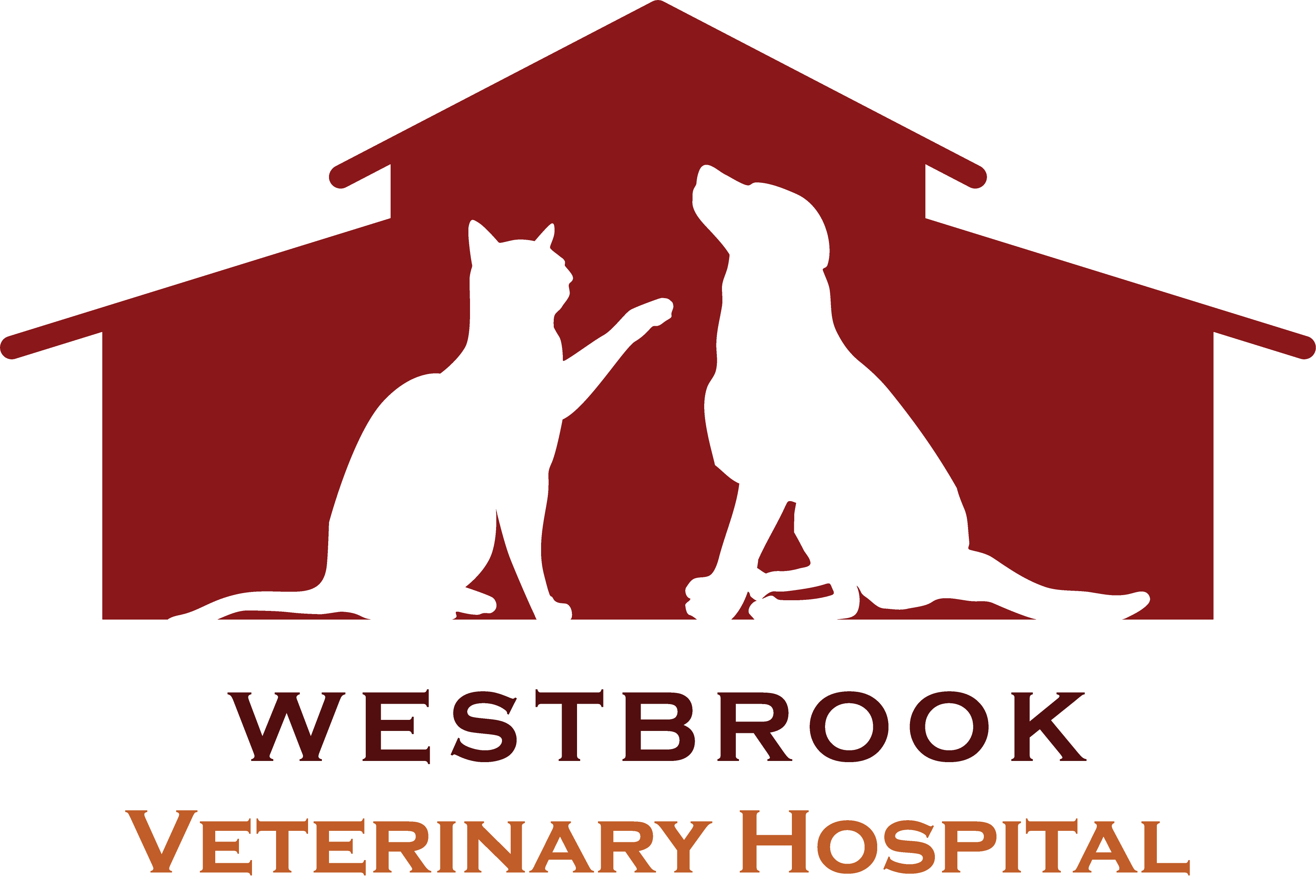Pet Health Library
-
You’ve probably heard lots of funny cat anecdotes; about how you don’t own them…they own YOU; how they feel superior to everyone, especially dogs; that they expect to be treated like royalty. If you are considering a feline acquisition, first consider this: lots of those remarks are true! This handout explains the other factors to consider in selecting the cat most likely to choose your family, too.
-
Dogs can be amazing family members and greatly enrich our lives! Adding a dog to the family is also a serious commitment, and research before choosing a dog will help set the family and the dog up for success. This handout goes over some factors to consider when selecting a dog.
-
Acute Kidney Injury in Cats
El fallo renal agudo (FRA) o fallo agudo del riñón se refiere a un fallo repentino de los riñones, los cuales dejarán de realizar sus funciones normales de filtración. El FRA es menos frecuente que el fallo renal crónico (FRC). El FRA desencadena una acumulación de toxinas y otros metabolitos de deshecho en la circulación sanguínea, además de inducir desequilibrios electrolíticos y de base acídica.
-
Chronic Kidney Disease in Cats
Los riñones tienen diferentes funciones. Su principal función es limpiar la sangre de toxinas y sustancias de deshecho, regular el nivel sanguíneo de ciertas sustancias esenciales como el sodio o el potasio, ayudar a conservar el agua del cuerpo y producir la orina.
-
Cat food has been made so palatable that it can easily create gluttonous behavior. Meal feeding and portion control are important to prevent obesity. Owners should not give in to begging behavior. Cats that are still hungry after their meal can be supplemented with snacks such as green vegetables recommended by your veterinarian. Cats that eat too quickly can be fed creatively to slow down eating.
-
The goal of feeding growing kittens is to lay the foundation for a healthy adulthood. Growing kittens need higher amounts of all nutrients in comparison to adult cats, but excess energy and calcium can create serious problems. Work with your veterinary healthcare team to give your puppy the best chance for success at growing into a healthy adult cat.
-
The goal of feeding growing puppies is to lay the foundation for a healthy adulthood. Proper nutrition is critical to the health and development of puppies, and it directly influences their immune system and body composition. Work with your veterinary healthcare team to give your puppy the best chance for success at growing into a healthy adult dog.
-
Over 60% of cats in North America are either overweight or obese, so paying attention to the balance between activity and calorie intake is important. Nutrient formulation and portion control are the two most important aspects of weight control. Once you have chosen a formula and have calculated a reasonable daily portion based on calorie density, the best way to stay on track and prevent unwanted weight gain is to combine portion control with regular, formal weigh-ins.
-
Orphaned kittens need extra care to compensate for the absence of their mother, and this article outlines the basics, including how and what to feed, how to monitor their weight, how to help them eliminate, and how to keep them safe from infection.
-
Orphaned puppies need extra care to compensate for the absence of their mother, and this article outlines the basics, including how and what to feed, how to monitor their weight, how to help them eliminate, and how to keep them safe from infection.








